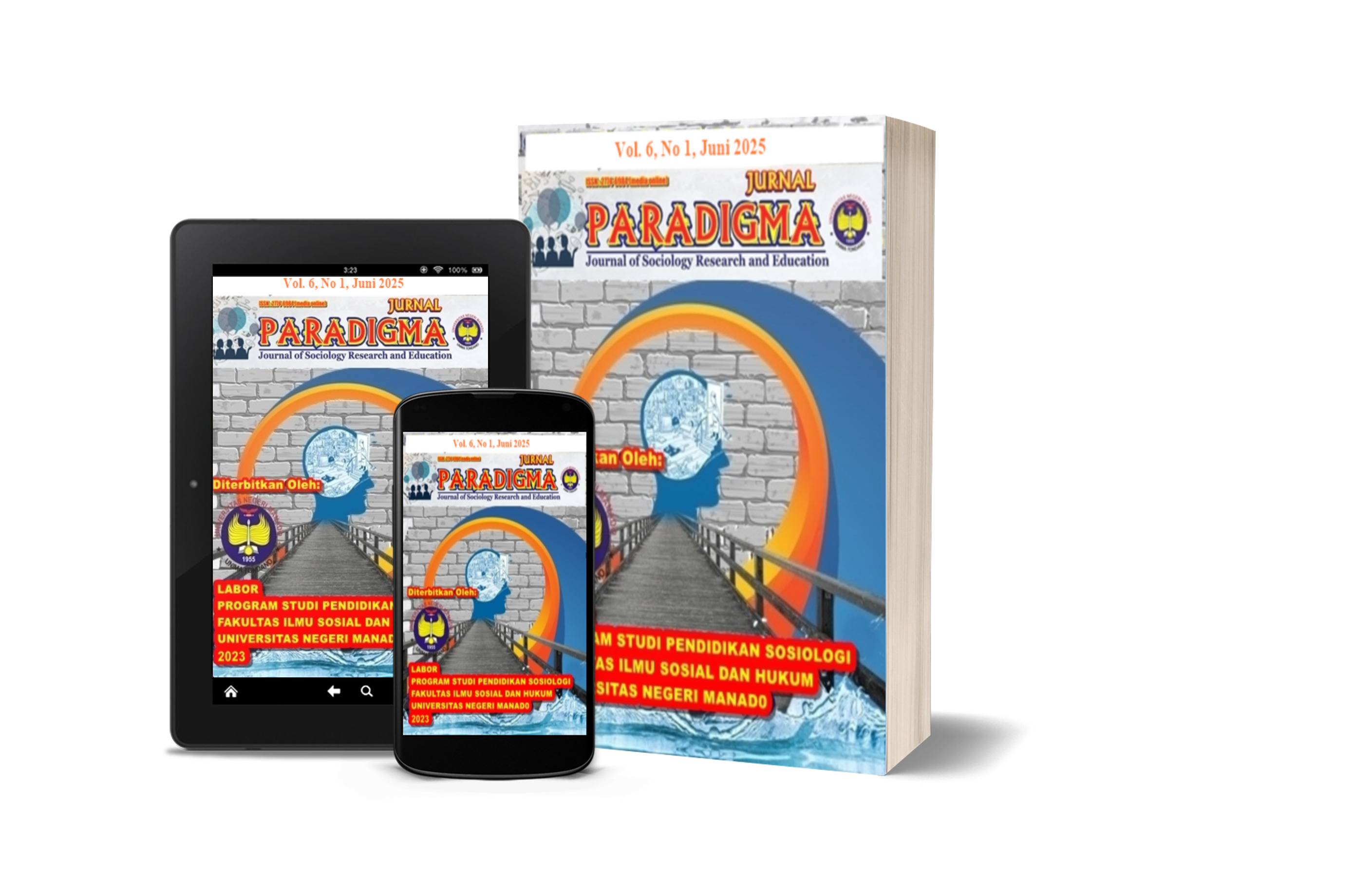Synergy and Differentiation: Understanding the Complementary Relationship between Guidance and Counseling Services and Subject Learning in the Educational Ecosystem
DOI:
https://doi.org/10.53682/jpjsre.v5i2.11945Keywords:
Synergy and Differentiation, Relationship, Guidance and Counseling Services, Subject Learning, Educational EcosystemAbstract
This study aims to understand the complementary relationship between Guidance and Counseling BK services and subject learning in the context of the educational ecosystem Using a qualitative approach through a literature study method this study analyzes various theories previous research results and relevant integration models The results of the study indicate that synergy between BK teachers and subject teachers can improve the quality of learning and overall student well being This synergy is evident in the collaboration of learning planning mentoring problematic students and strengthening character in the learning process However role differentiation is still needed to avoid overlapping functions BK teachers remain focused on the psychosocial and self development aspects of students while subject teachers on the academic aspects This study also identifies an effective collaboration based integration model namely through a whole school approach that unites various educational functions The implications of this study are the need for cross professional training and school policies that support structural synergy and role differentiation to create holistic and sustainable education < p>
References
Amundson N E 2009 Active Engagement: The Being and Doing of Career Counselling Ergon Communications
American School Counselor Association 2019 ASCA National Model: A Framework for School Counseling Programs ASCA
Booth A Papaioannou D Sutton A 2012 Systematic Approaches to a Successful Literature Review Sage
Braun V Clarke V 2006 Using thematic analysis in psychology Qualitative Research in Psychology 3 2 77 101
Bronfenbrenner U 1979 The Ecology of Human Development: Experiments by Nature and Design Harvard University Press
Corey G 2013 Theory and Practice of Counseling and Psychotherapy Cengage Learning
Creswell J W 2013 Qualitative Inquiry and Research Design: Choosing Among Five Approaches Sage Publications
Gysbers N C Henderson P 2012 Developing and Managing Your School Guidance and Counseling Program American Counseling Association
Hidayat R 2019 Kolaborasi guru BK dan guru mata pelajaran dalam meningkatkan kedisiplinan siswa Jurnal Pendidikan Karakter 9 2 143 152
Mulyasa E 2020 Manajemen dan Kepemimpinan Kepala Sekolah Bumi Aksara
Patton M Q 2015 Qualitative Research Evaluation Methods Sage Publications
Prasetyo R Lestari P 2020 Integrasi layanan BK dalam pembelajaran berbasis karakter Jurnal Bimbingan Konseling 9 1 55 63
Schmidt J J 2003 Counseling in Schools: Essential Services and Comprehensive Programs Allyn Bacon
Sink C A Stroh H R 2003 Raising achievement test scores of early elementary school students through comprehensive school counseling programs Professional School Counseling 6 5 350 364
Wahyuni S 2018 Peran guru BK dalam meningkatkan motivasi belajar siswa Jurnal Konseling dan Pendidikan 6 1 23 29















